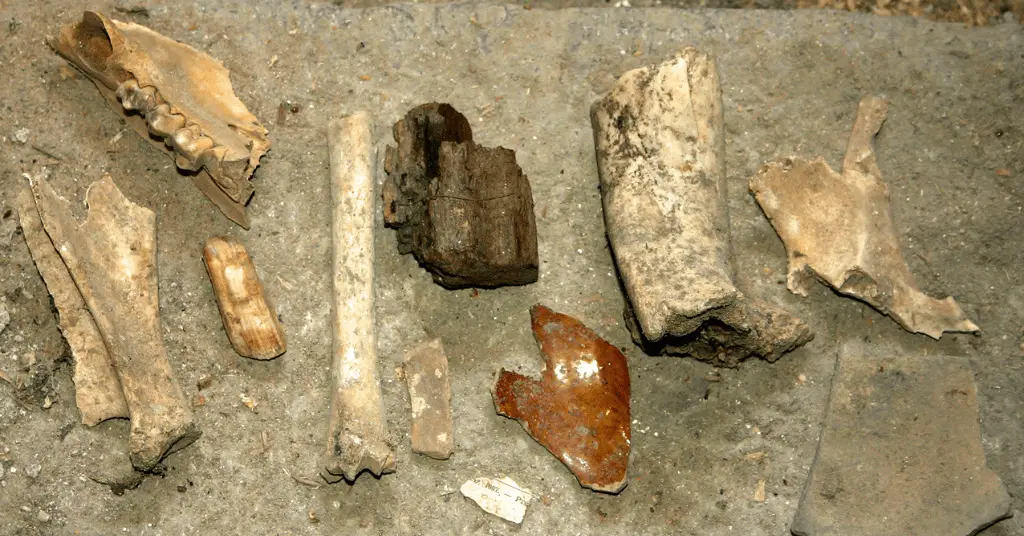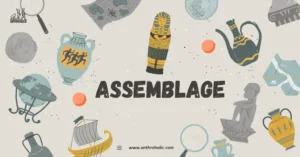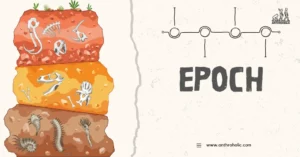AI Answer Evaluation Platform Live Now. Try Free Answer Evaluation Now
Experimental Archaeology
Experimental archaeology is a research technique that involves recreating or rebuilding past technologies, behaviors, and material cultures through experimental experimentation. This could entail recreating tools, structures, or other artifacts using conventional techniques, then validating their usability and effectiveness in varied settings.

Experimental archaeology may reveal significant information about how past societies lived, worked, and adapted to their environment. By replicating and testing earlier technologies and behaviors, academics may acquire a greater knowledge of the social and cultural contexts in which they were employed, as well as the practical restrictions and limits that affected their usage.
Examples of Experimental Archaeology Include
- Flintknapping: recreating stone tools using historical means to understand the practicality of flintknapping and how it was utilized by prior societies
- Building construction: recreating structures such as huts, dwellings, or other buildings using old materials and techniques to discover how they were constructed and how they functioned.
- Food production: recreating historic food production activities like farming, fishing, and hunting to understand how they were accomplished and how they affected the environment.
- Textile manufacturing: recreating traditional textile production methods such as spinning, weaving, and dyeing to understand how textiles were manufactured and used by past societies
- Transportation: Recreating historical modes of transportation such as boats, sledges, or carts to establish how they were employed and how they influenced travel and trade
Experimental archaeology may be used to test ideas about the past and may also give insights on the practicality of ancient technologies and behaviors that are difficult to discover from written or archaeological records alone.
Experimental Archaeology Examples in India
Experimental archaeology has been done in India in a variety of settings. Here are a few examples:
- Pottery-making: Experimental archaeologists have reproduced ancient pottery-making processes in India, utilizing materials and techniques similar to those applied in the past. By doing so, they have obtained insights on the techniques and procedures utilized by ancient potters, as well as the practical and technical restrictions that may have impacted their work.
- Agriculture: Experimental archaeologists have duplicated historic agricultural practices in India, such as deploying traditional plows and irrigation systems. By doing so, scientists have obtained knowledge on the challenges and opportunities faced by ancient farmers and the environmental elements that may have affected their agricultural tactics.
- Textile manufacturing: Experimental archaeologists have reconstructed traditional textile production methods in India, including spinning, weaving, and dyeing. By doing so, they have gathered information about the viability of these technologies as well as their social and economic relevance in prior societies.
- Building construction: Experimental archaeologists have reconstructed traditional building techniques in India, such as making buildings using mud and thatch. By doing so, they have obtained insights on the construction methods applied in the past, as well as the environmental and technological aspects that impacted them.
- Metalworking: Experimental archaeologists have replicated old metalworking processes in India, such as casting bronze items. By doing so, they have acquired information on the metallurgical competence and technological capacity of ancient Indian societies.
These are simply a few examples of the different techniques with which experimental archaeology has been applied to get insights into the past in India. By duplicating historical technologies and behaviors, experimental archaeologists may acquire a fuller understanding of the social, economic, and environmental settings in which they were utilized.
Advantages of Experimental Archaeology
Experimental archaeology has several advantages as a study technique, including:
- Improved knowledge of historical technologies and behaviors: By recreating and testing ancient technology and behaviors, researchers may acquire a clearer understanding of how they were employed in the past, as well as the practical restrictions and limits that may have influenced their utilization.
- Test hypotheses and theories: Experimental archaeology allows academics to test hypotheses and theories about the past in a controlled setting. This may serve to confirm or invalidate current views or to establish new hypotheses for future investigation.
- Find gaps in knowledge: By attempting to duplicate old technologies and behaviors, academics may identify gaps in their knowledge or comprehension of the past. This may lead to new research ideas and routes.
- Accessibility of data: Experimental archaeology may supply large amounts of quantitative and qualitative data that may be assessed and grasped employing a variety of methods. This data may be exploited to give unique insights into the past that may not be available through regular research methodologies.
- Public engagement: experimental archaeology may be an engaging and accessible way to distribute research findings to the public. It may also be a method to include the public in research, including participation in experimental activities or demonstrations.
Lastly, experimental archaeology has the capacity to offer unique insights into the past as well as to engage and educate the public about the richness and diversity of human cultural history.
Relation between Anthropology and Experimental Archaeology
Experimental archaeology is integrally related to anthropology, as both disciplines have a similar interest in understanding the ways in which human societies have adjusted to their environment through time. Experimental archaeology gives anthropologists a methodological tool to examine and evaluate their opinions about the past by duplicating and testing ancient technologies and behaviors.
For example, experimental archaeology may disclose important information about the viability of ancient technologies and behaviors that is difficult to gain from written or archaeological records alone. By attempting to duplicate these technologies and behaviors in a controlled setting, researchers may obtain a greater understanding of the social, economic, and environmental contexts in which they were deployed, as well as the practical restraints and limitations that may have affected their utilization.
Experimental archaeology may also be used to examine conceptions and assumptions established by anthropologists about the past. For example, an anthropologist may make a hypothesis on the social value of a given technology or behavior in the past, which may then be evaluated by experimental replication and analysis.
Consequently, experimental archaeology is a fantastic methodological tool for anthropologists to obtain a deeper understanding of the past by exploring and validating their opinions about ancient technology and behavior in a controlled situation.




